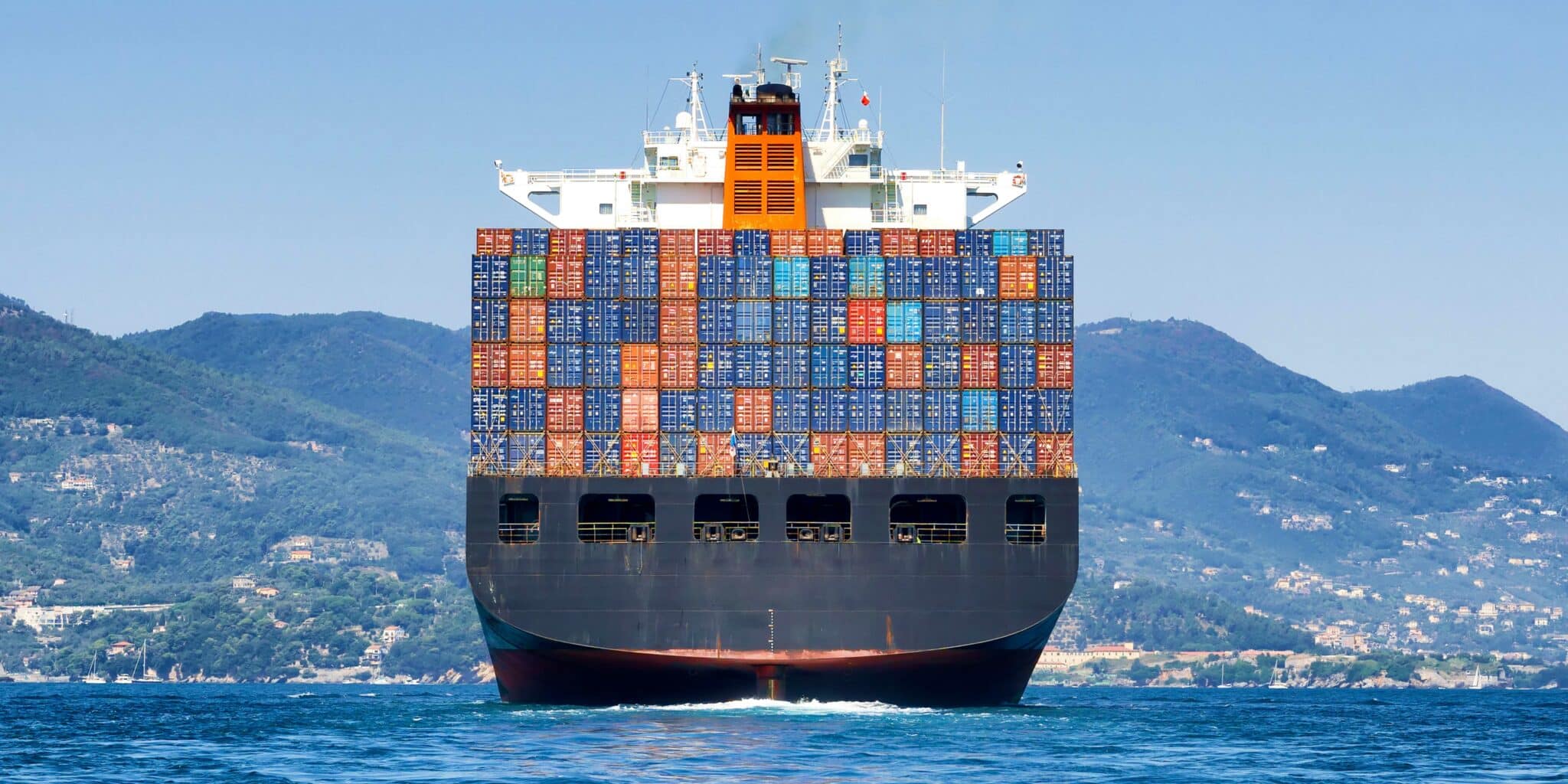
Understand everything about container tracking
Uncover the ins and outs of container tracking, from the basics to advanced technologies. Optimize your logistics operations and stay ahead of the competition.
Educative content
How much do you know about digital shipping? Have you ever heard of a Smart Ship? As digitalization becomes more prominent in maritime logistics, technologies like Artificial Intelligence and blockchain are changing the logistics sector. Thanks to this digitalization, vessel tracking and estimated time of arrival (ETA) are accessible in real-time, and the maritime sector is witnessing less catastrophic unforeseen events like a ship collision that causes hundreds of TEU containers to fall into the ocean. The logistics sector is becoming more efficient than ever before.

Uncover the ins and outs of container tracking, from the basics to advanced technologies. Optimize your logistics operations and stay ahead of the competition.
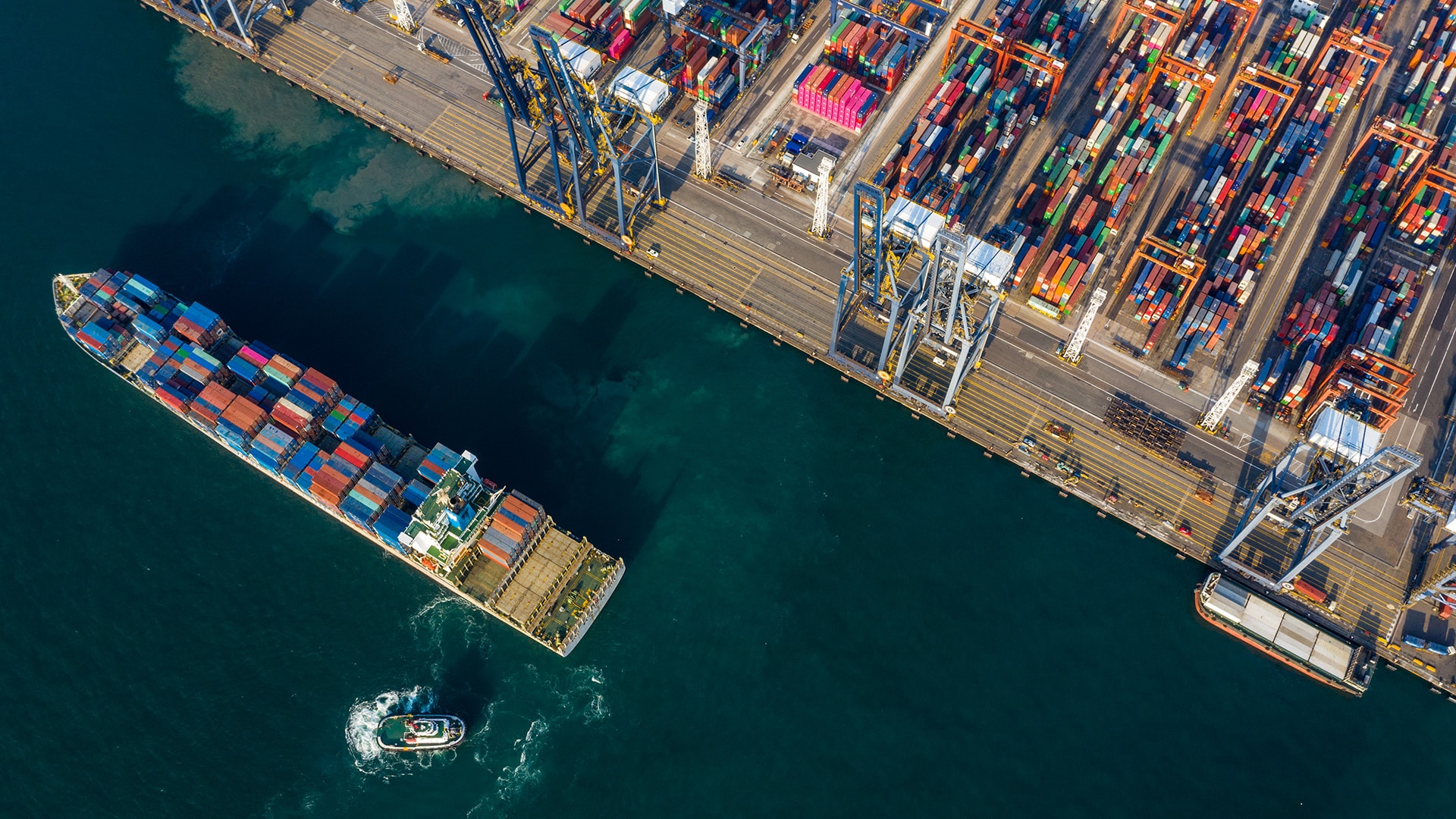
By port operations, we refer to a series of maritime procedures aimed to ensure the smooth transition of vessels and their containers from one terminal to another. Sea travel can be undertaken through many different means.
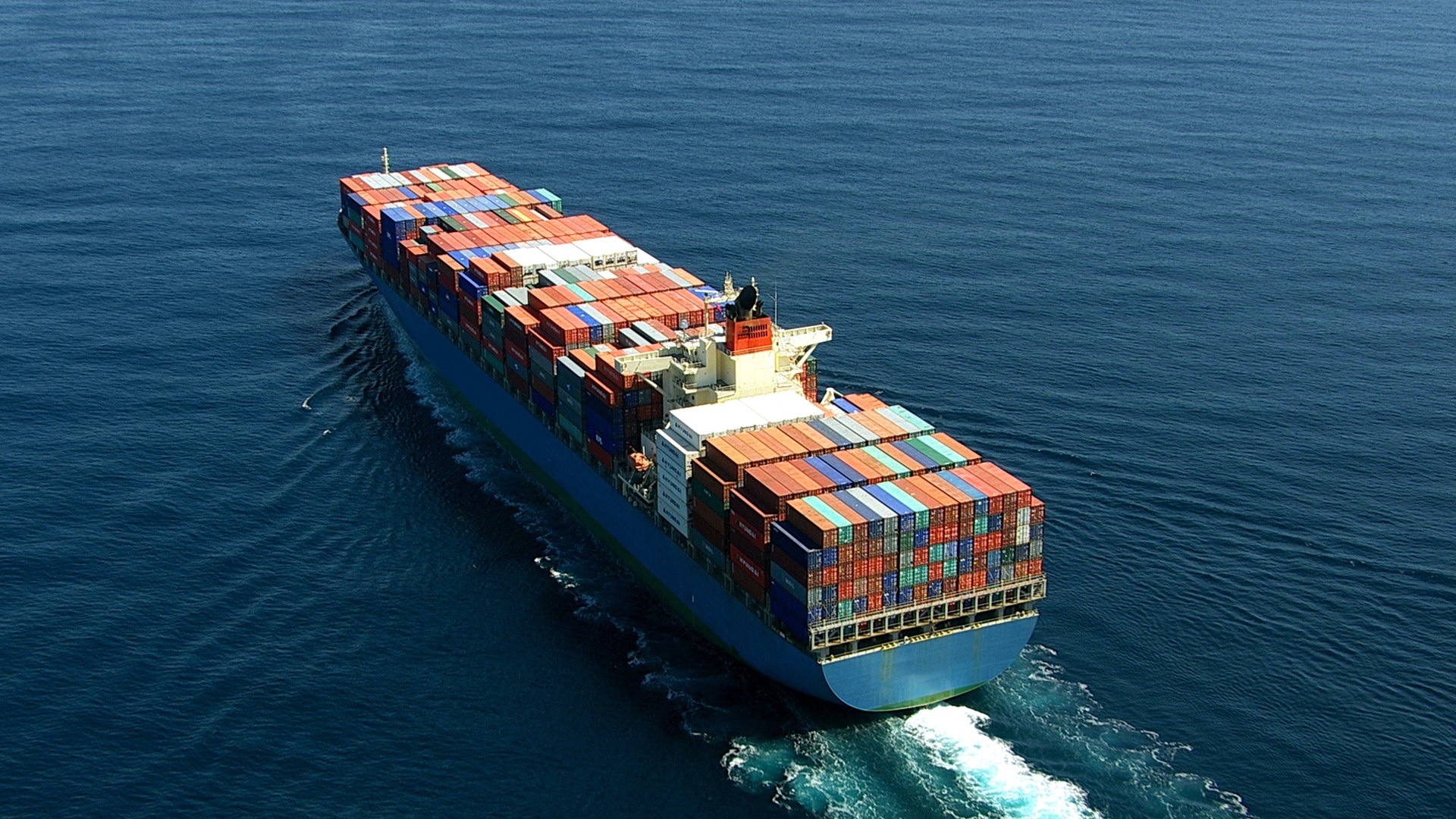
In the shipping industry, it is expected that cargo gets to the right place at the right time and that the delivery of goods goes smoothly. Companies & people rely on precise predictions of when a vessel will arrive with a shipment of goods and

Discover how the sector is transforming through regulations, green technology adoption, and innovative practices for a sustainable future.

Explore the relationship between global shipping & GHG emissions. Discover the causes, impacts, and innovative solutions for mitigating environmental consequences.

Explore the imperative of CO2 emissions monitoring in maritime operations. From compliance with regulations to innovation and economic efficiency, discover how tracking carbon emissions shapes a sustainable future.
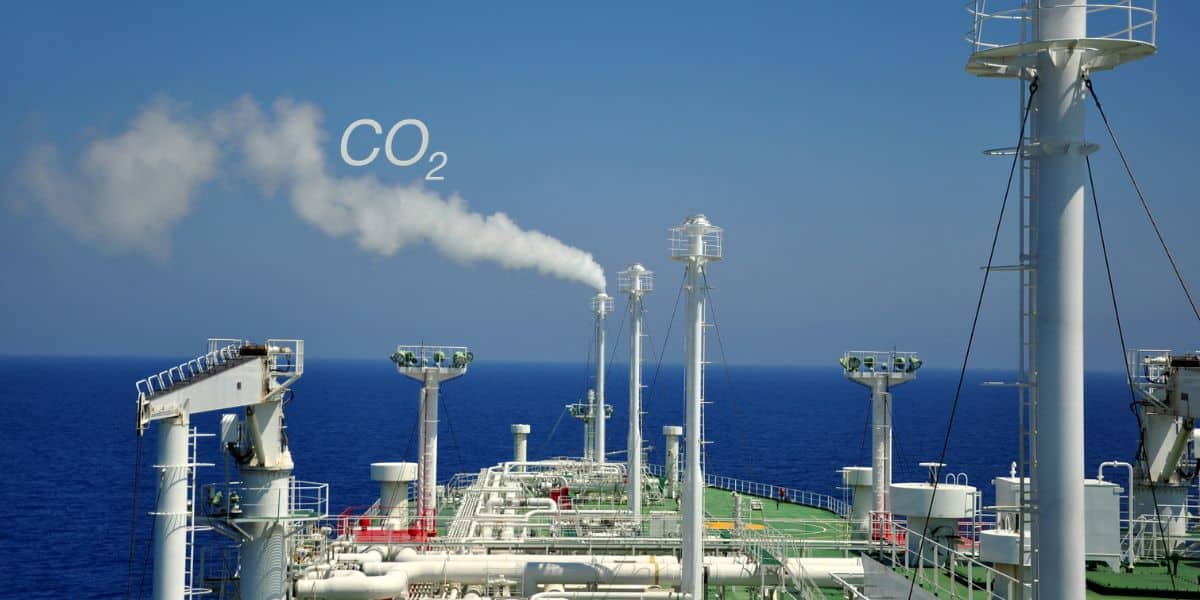
Discover the critical role of ship management in ensuring safe and efficient maritime operations. Explore the basics of ship management, its importance for shipping companies, crew welfare, and environmental sustainability.

Carbon emission regulations are sets of regulations onto which newly built ships have to convene since 15 July 2011. The International Maritime Organization (IMO) has been striking for ten years now about reducing greenhouse gas emissions by the maritime transportation business.

Global trade growth means that there is increasing vessel traffic, huge amounts of energy, and GHG emissions. In order to reduce its environmental footprint, and make cargo ships more eco-friendly, the shipping industry can implement various solutions.

Dive into the world of maritime terminals, from container to bulk and passenger terminals. Discover their roles, environmental challenges, and future trends.

Dive into the world of maritime terminals, from container to bulk and passenger terminals. Discover their roles, environmental challenges, and future trends.
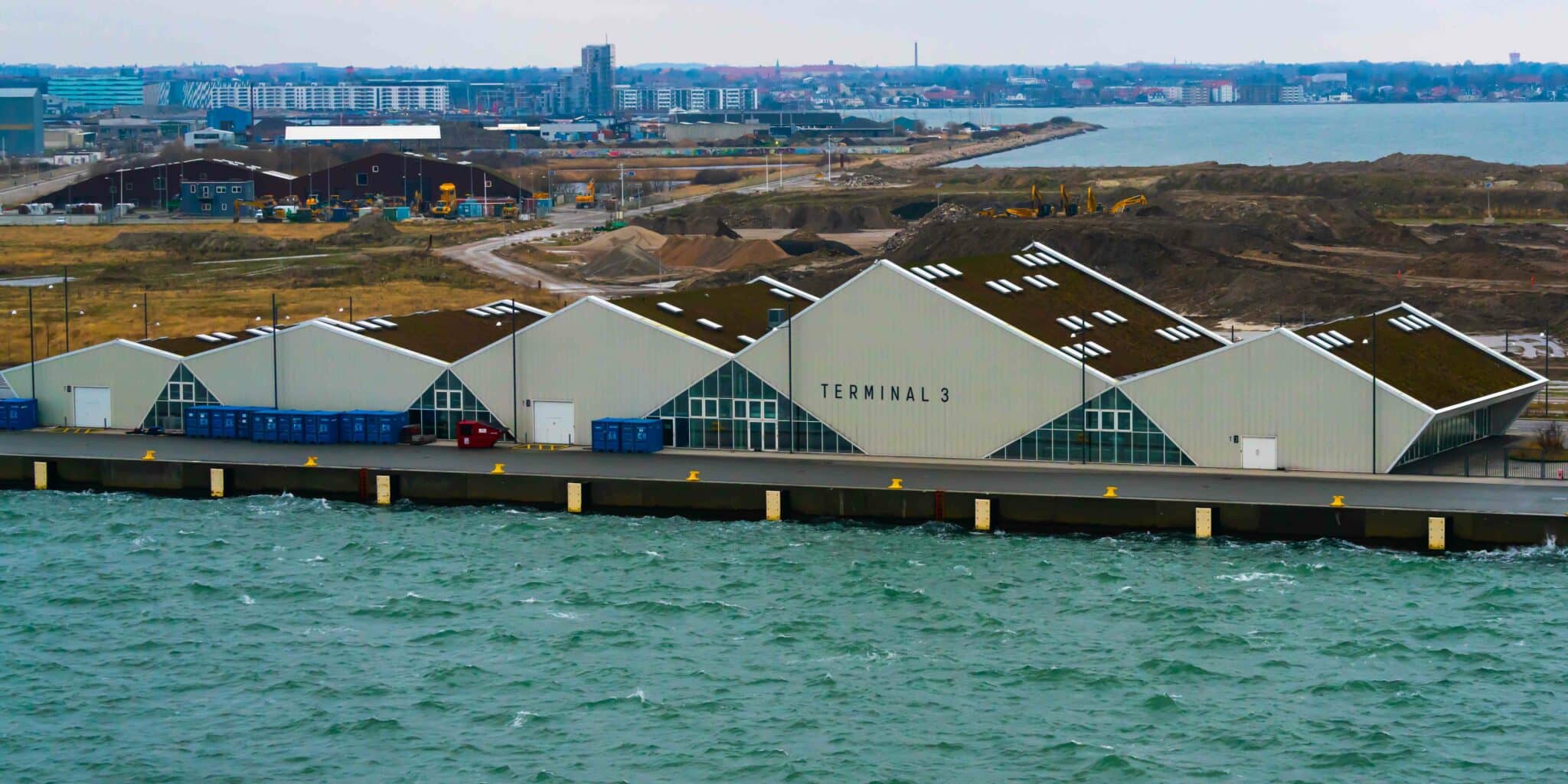
Dive into the world of maritime terminals, from container to bulk and passenger terminals. Discover their roles, environmental challenges, and future trends.

Explore the international container regulations. From the role of the IMO and BIC to ISO standards and safety conventions, learn how rules ensure secure and efficient containerized goods movement.

Explore the international container regulations. From the role of the IMO and BIC to ISO standards and safety conventions, learn how rules ensure secure and efficient containerized goods movement.

Trace the evolution of container shipping from its 1950s inception to modern mega-ships. Explore standardization, global alliances, and the industry’s response to challenges.

Transform your shipping operations: Learn how to choose the right carrier tracking software to gain operational efficiency. Read our comprehensive guide.
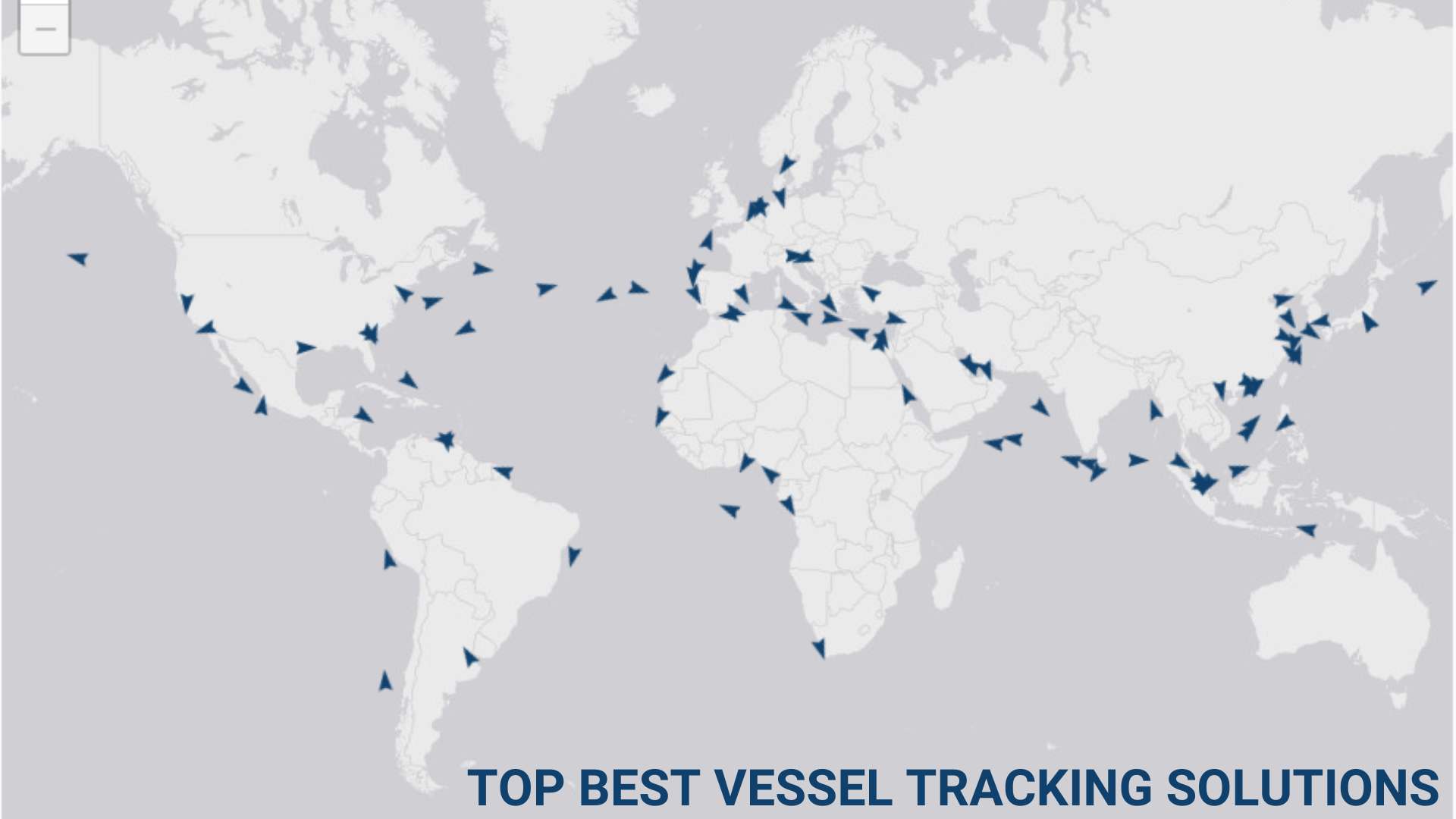
Discover the best vessel tracking solutions, their functionalities and technologies used. Learn how a good choice of vessel tracking solution can benefits all maritime stakeholders.
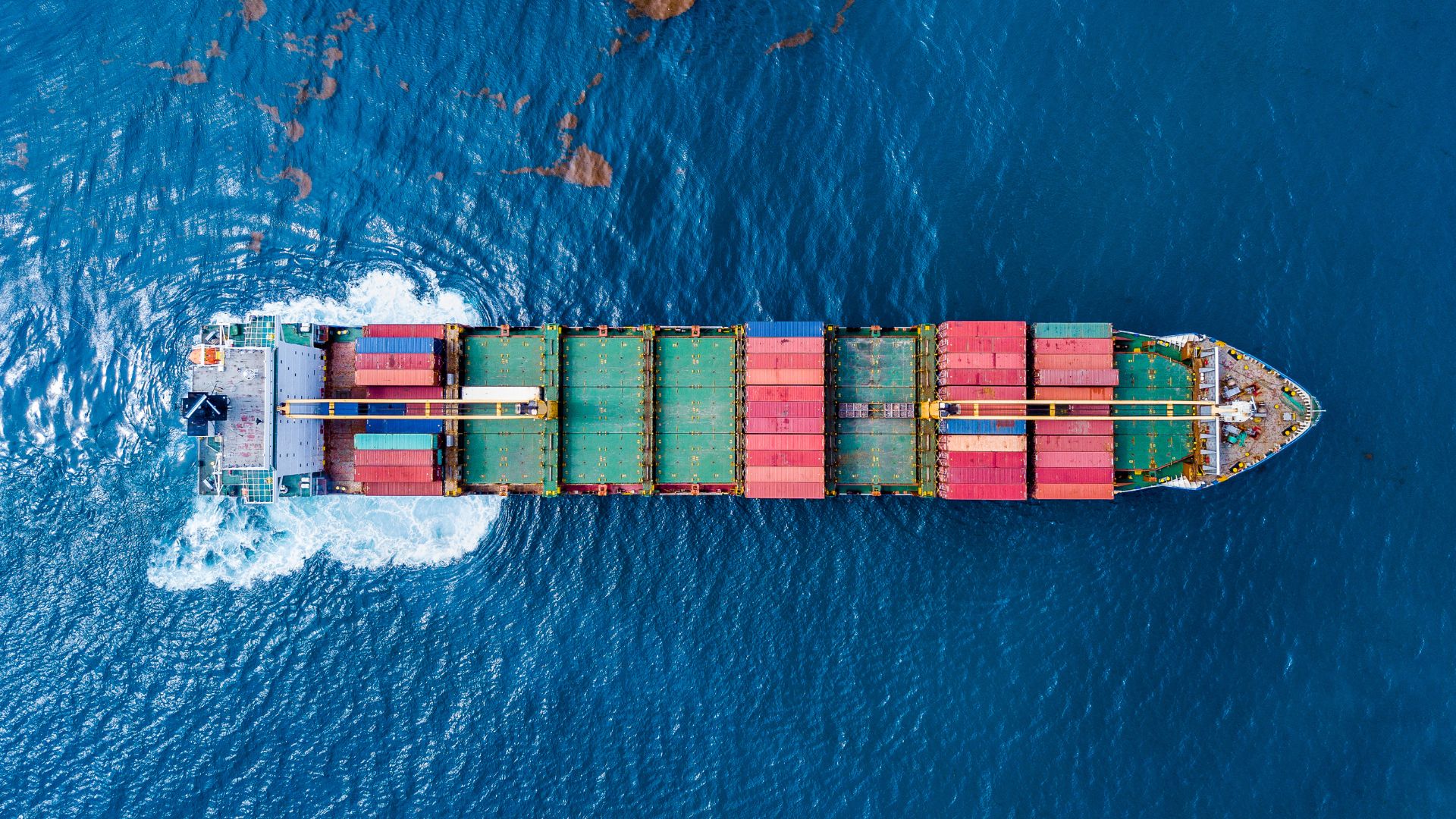
Discover why vessel tracking is crucial in the maritime industry. Learn how real-time visibility of ship locations improves safety, efficiency, and security, benefiting stakeholders such as shipping lines, port operators, and maritime authorities.
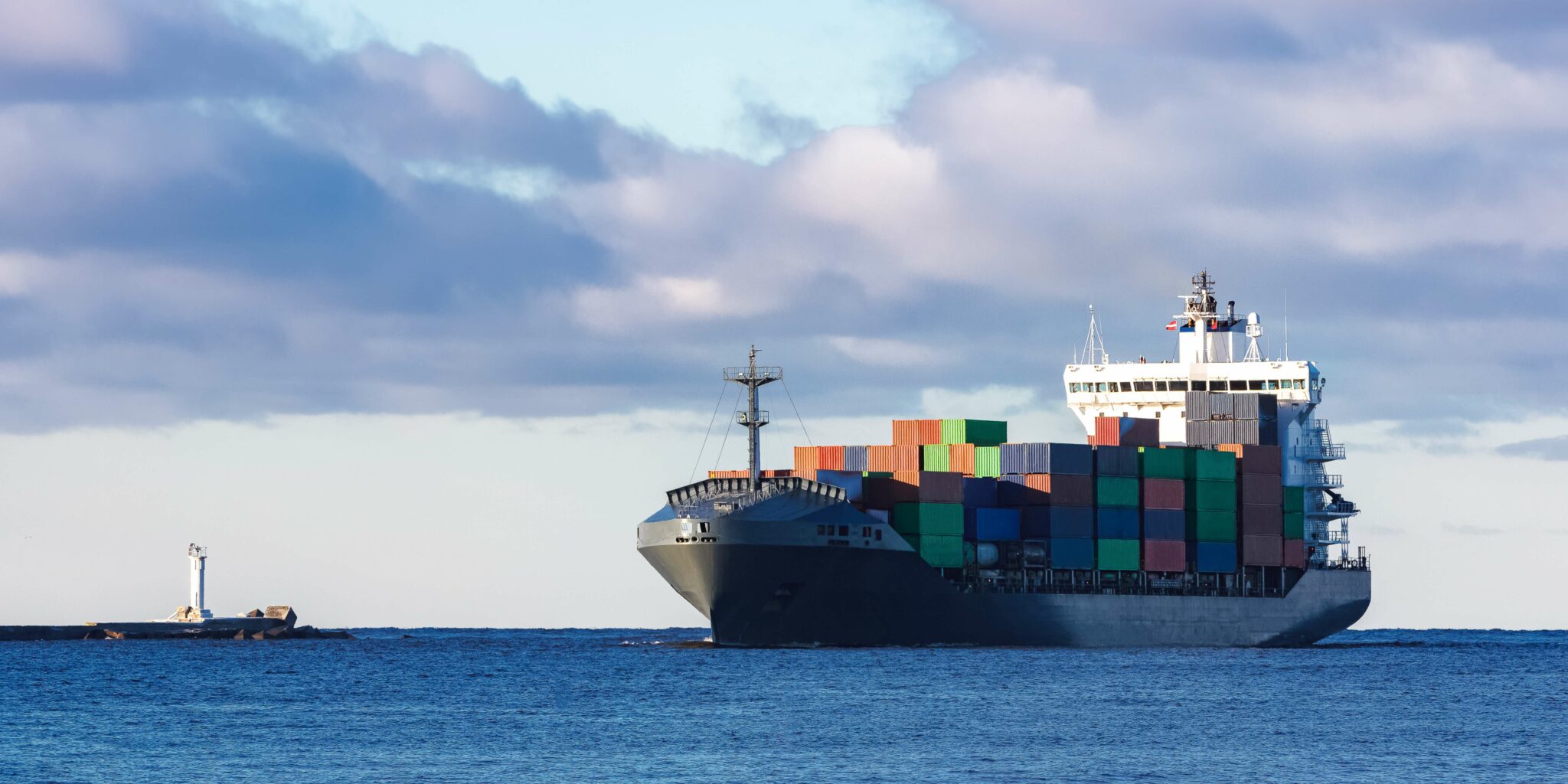
Interested in ship tracking at sea? Learn which types of vessels are trackable and the technologies used to monitor their movements. Learn more about the benefits.
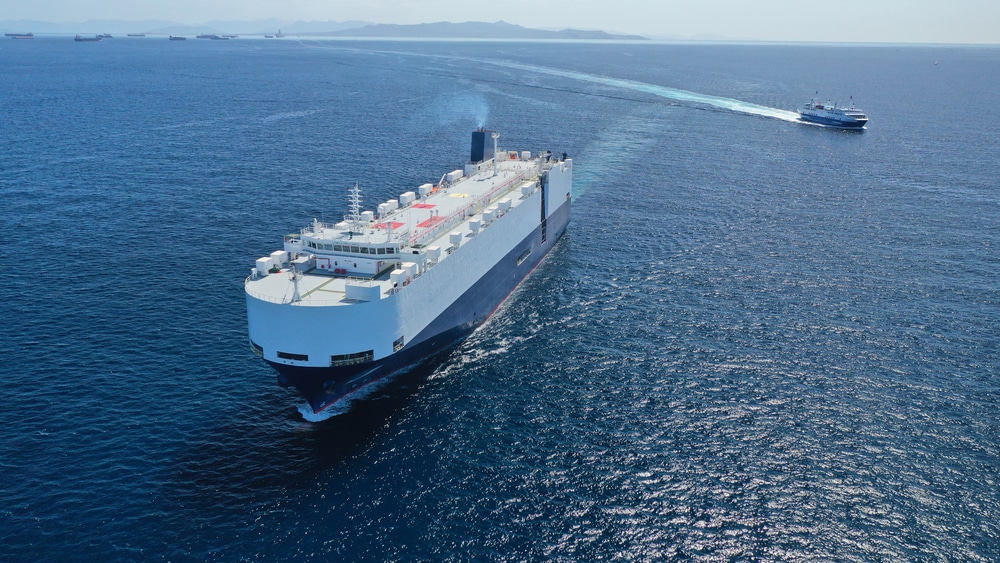
Roro is an acronym for Roll-on/roll-off. These vessels are intended to carry all kinds of wheeled cargo, which are loaded in and out on their own wheels.
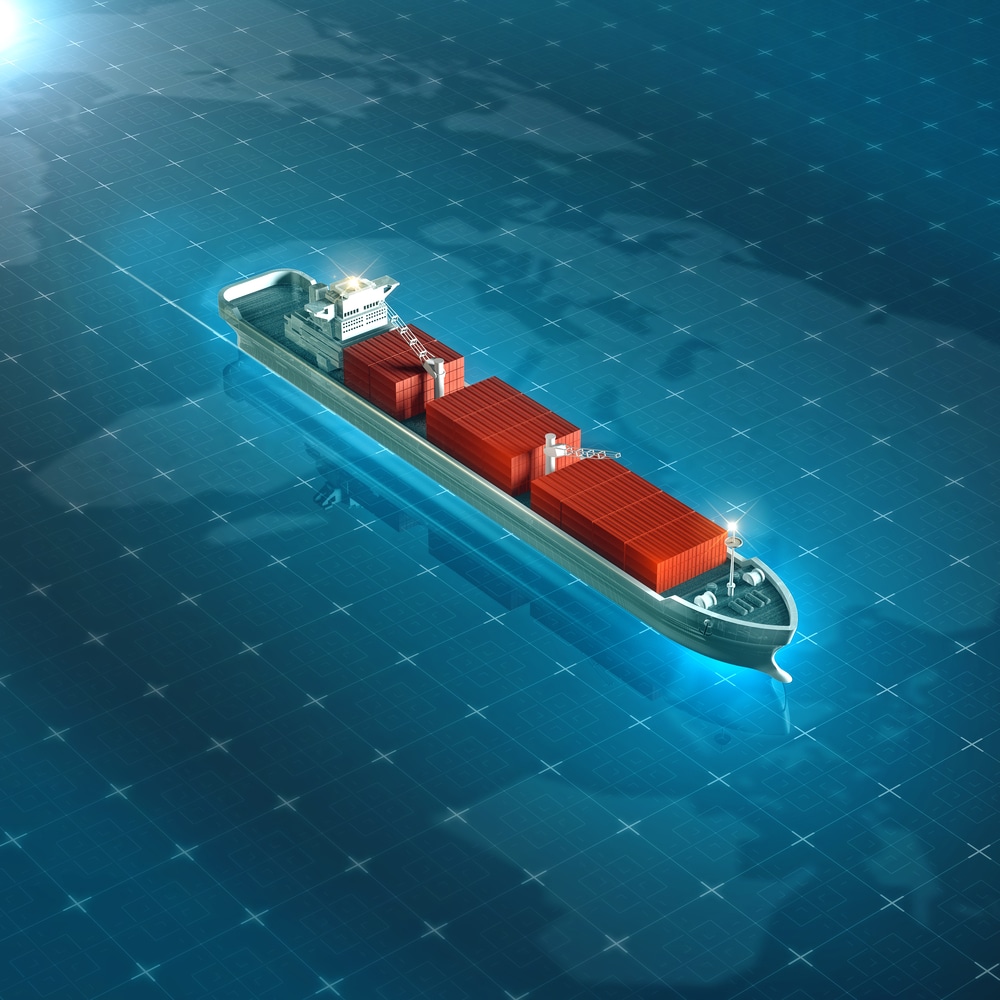
Safety and efficiency are essential for the sea transportation industry. In this regard, some ships’ categories must be equipped with an AIS.

ETA accuracy is a major issue, because of the discrepancy between the arrival times communicated by different parties. Discover the different sources of ETA.

Reducing its carbon impact is of utmost importance for the maritime industry. In this regard, overcoming operational inefficiencies is one of the priorities for stakeholders across the sector.
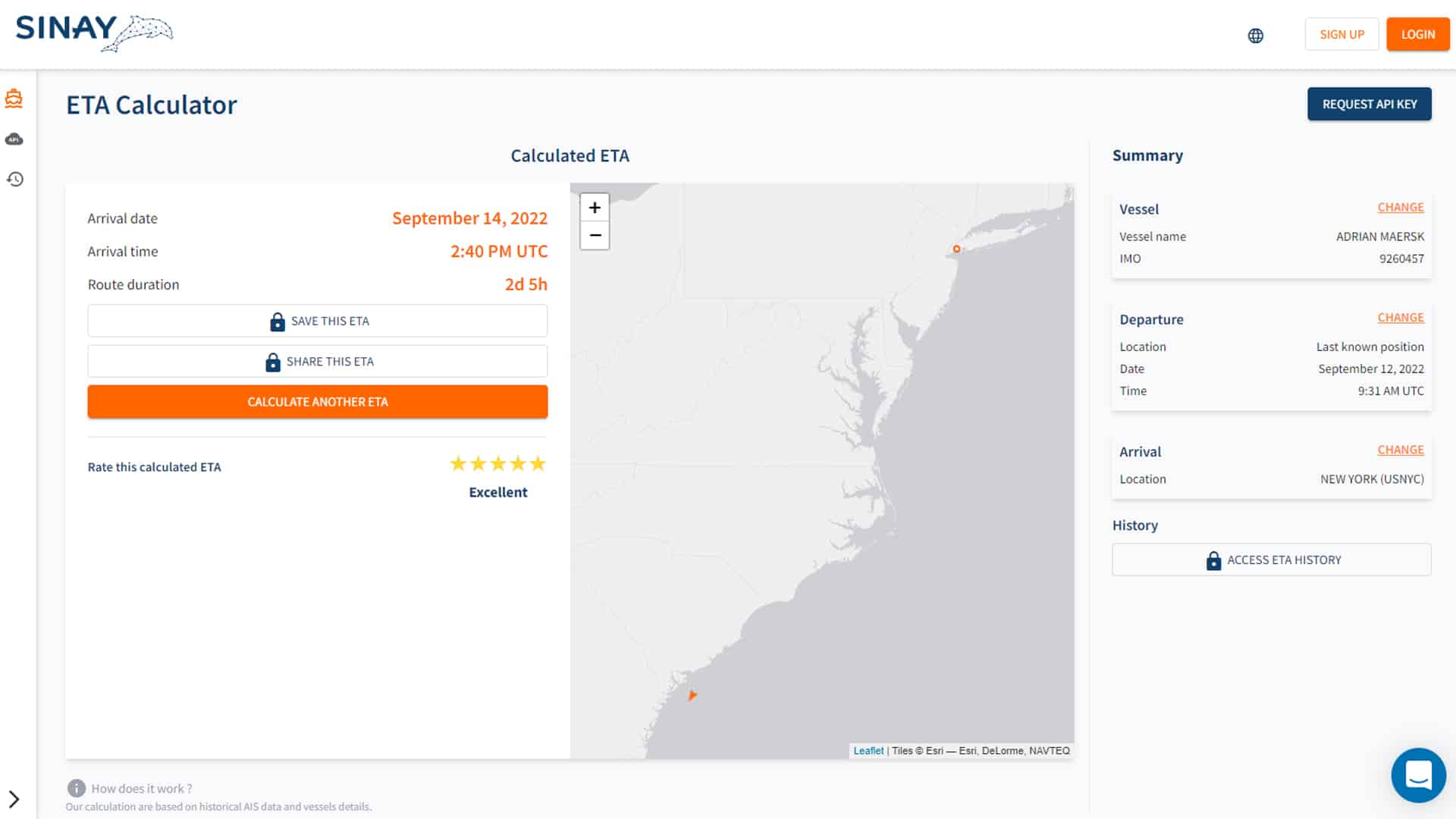
Because of the globally increasing demand for cargo shipping and the recent major crisis, the shipping industry is under pressure: congestions have become the norm in many significant ports which can experience delays of several weeks.
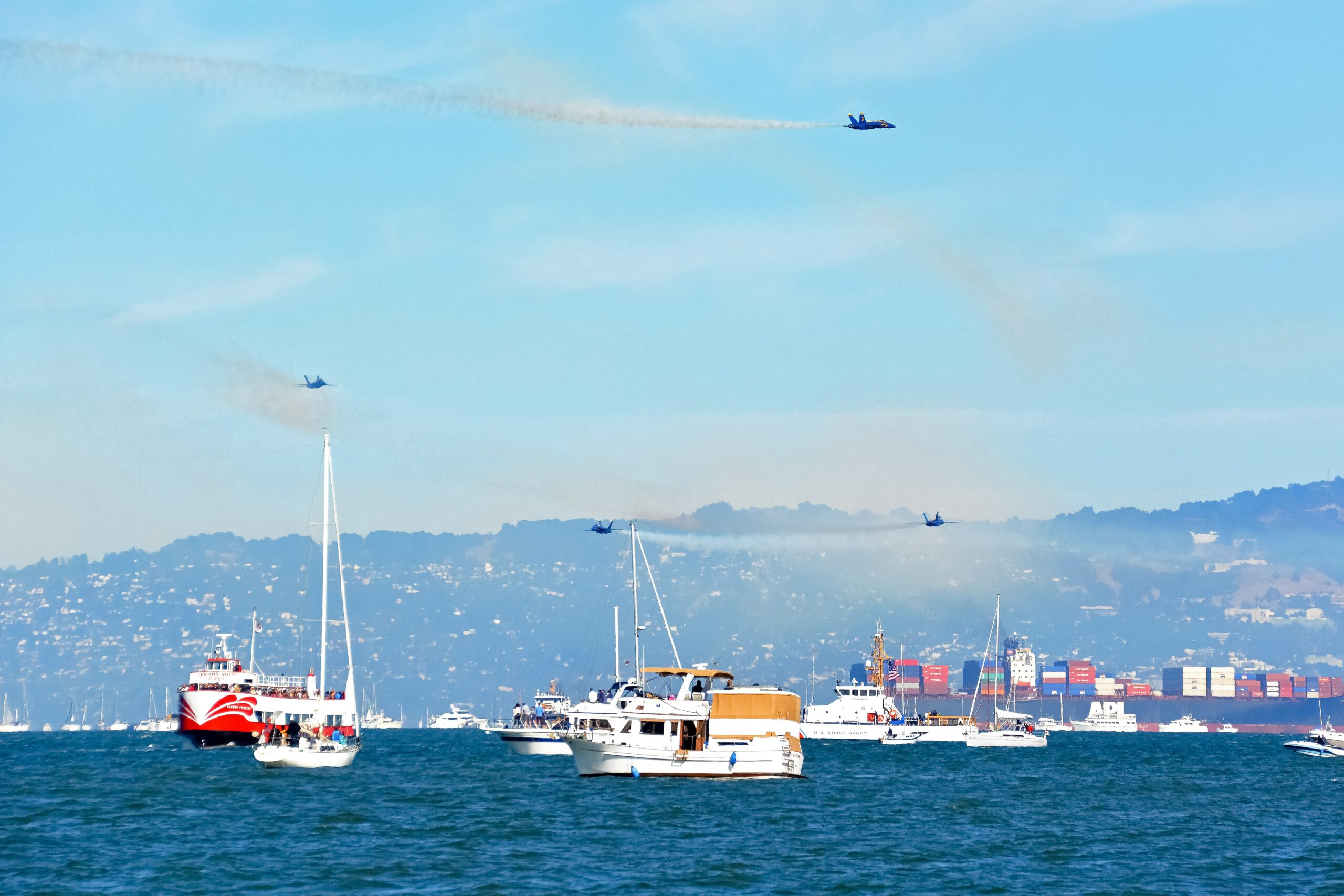
Since 2020, huge port congestion is affecting the whole global supply chain. For port authorities, increasing operational efficiency is a major challenge, and turnaround time (TAT) is the main indicator to measure it.
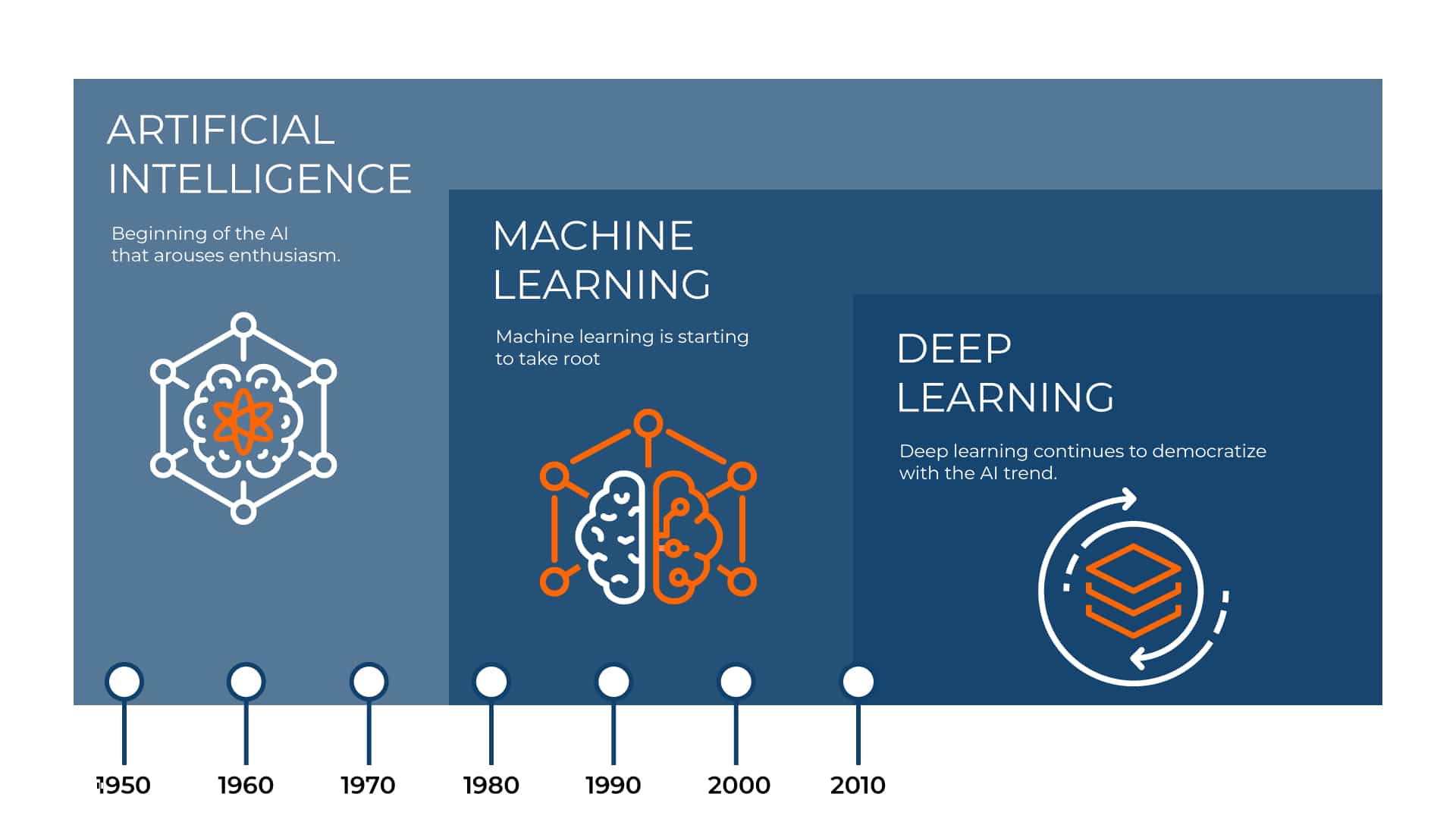
Estimated time of arrival (ETA) computations, specific to ports and ships, determine when a vessel is expected to arrive to a port. The computations also enable vessels to be tracked during their entire voyage.

In the shipping industry, it is expected that cargo gets to the right place at the right time and that the delivery of goods goes smoothly. Companies & people rely on precise predictions of when a vessel will arrive with a shipment of goods and
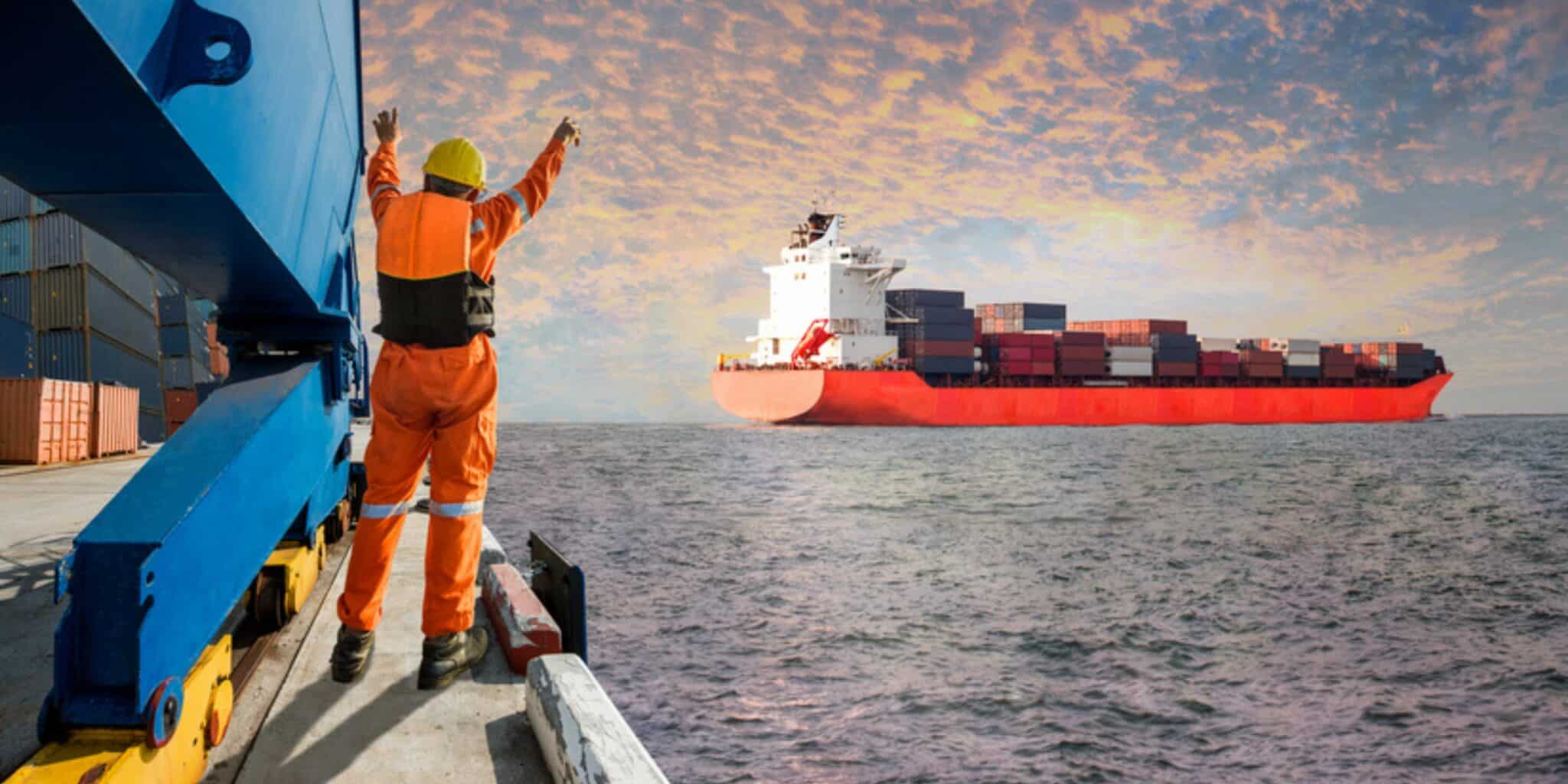
Explore the essence of maritime security, from safeguarding global trade routes to combating piracy and illegal fishing. Learn about key regulations, evolving technologies, and collaborative efforts.

Discover the pivotal significance of the Smart Freight Centre (SFC) in revolutionizing global logistics and freight transportation. From reducing carbon footprints to ensuring regulatory compliance.

Explore the GLEC Framework in-depth, its significance in global supply chains, and how it enhances sustainability practices. Learn how to implement GLEC for a greener future.

Explore the pivotal role of transshipment in shaping transit options and reliability in this insightful article. Gain valuable insights into how transshipment affects logistics, transportation, and supply chain management.
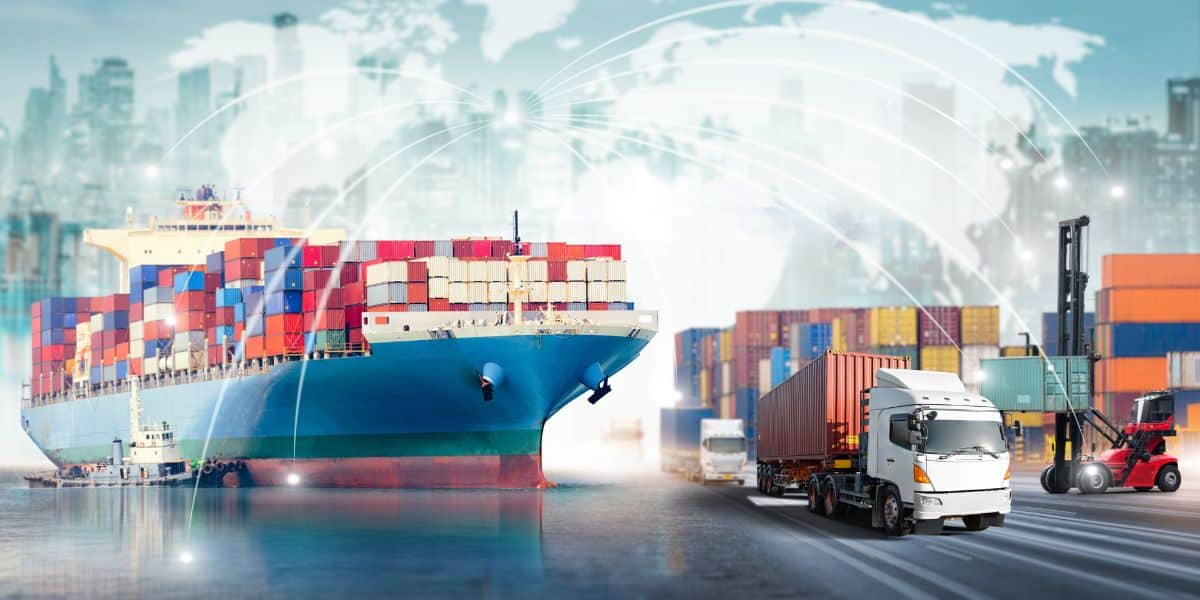
Discover the critical role of ship management in ensuring safe and efficient maritime operations. Explore the basics of ship management, its importance for shipping companies, crew welfare, and environmental sustainability.

Discover the advantages of choosing sea freight over air freight for your shipping needs. From cost savings to capacity considerations, explore why sea freight is a more cost-effective and efficient option for transporting goods internationally.

Explore the vast realm of offshore operations, from the historic milestones of oil and gas exploration to the future of sustainable energy. Learn about key players, drilling technologies, and the global impact of offshore industries.

Explore the vast realm of offshore operations, from the historic milestones of oil and gas exploration to the future of sustainable energy. Learn about key players, drilling technologies, and the global impact of offshore industries.

Delve into the detailed exploration of offshore projects, from environmental impact assessments to decommissioning phases. Discover the pivotal studies and key phases imperative for the successful of various offshore endeavors.

Delve into the detailed exploration of offshore projects, from environmental impact assessments to decommissioning phases. Discover the pivotal studies and key phases imperative for the successful of various offshore endeavors.

Improve your marine operations with precise weather downtime estimations. Plan ahead and avoid delays. Discover how to optimize and boost your productivity.

Minimize downtime caused by inclement weather. Discover the essential steps to protect your business from severe weather conditions and keep your operations running smoothly.

Discover how supply chain visibility empowers businesses to streamline operations, minimize delays, and optimize lead times. Unlock the potential for greater efficiency, improved customer satisfaction, and increased profitability through enhanced visibility across your supply chain network.

With a growing emphasis on globalization and accelerating digital transformation in the sea shipping industry, the Port Community System (PCS) becomes key to building smart ports.

Within a large, dynamic logistics network that involves several players, seaports are not just a crossing point, but now stand out as integrated transport hubs and high-value-added platforms for international trade.
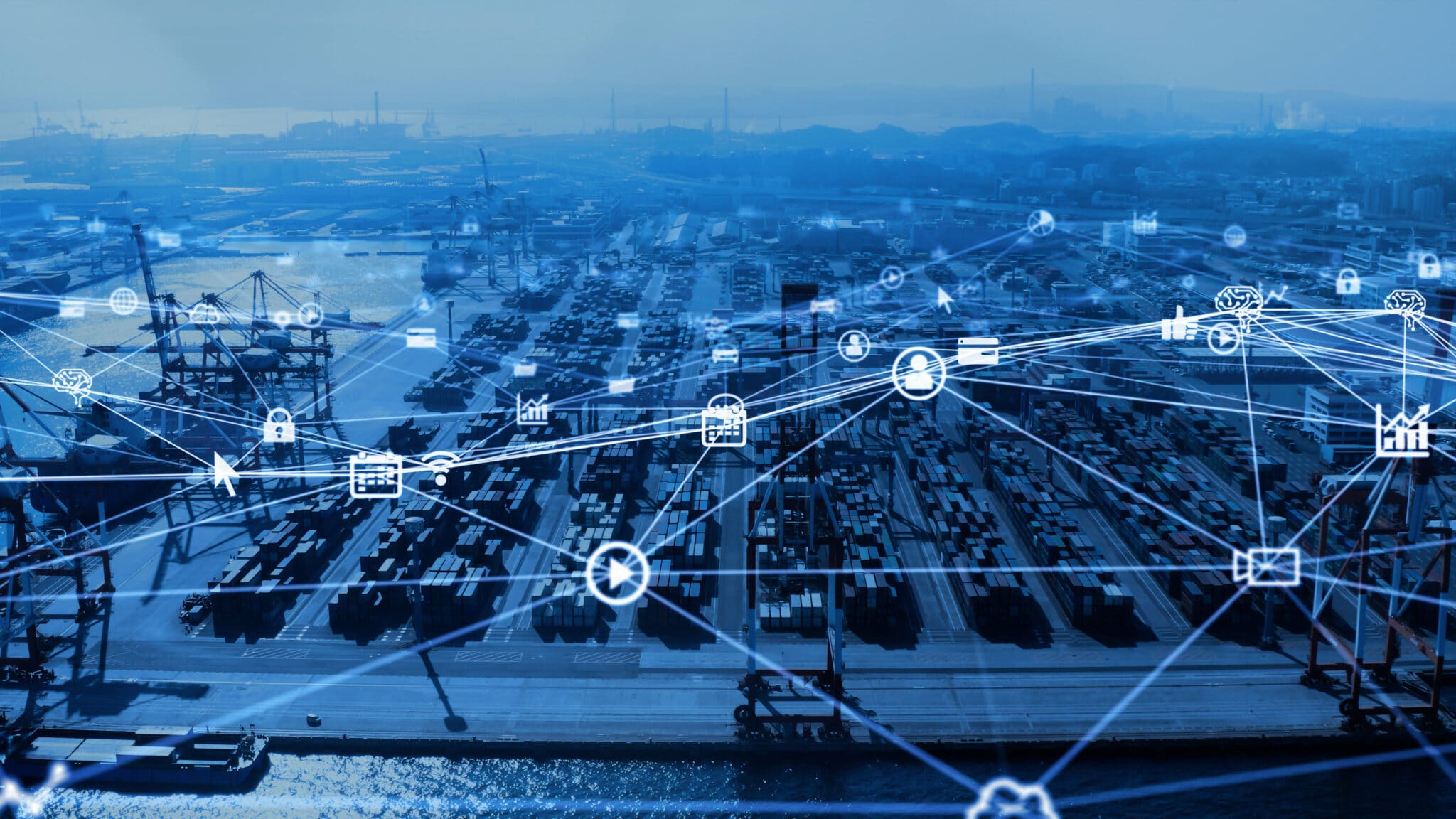
Most of the world’s biggest ports use a specific system to ease information exchange between all parties that have activities related to the port. A Port Community System is a National Single Window that links individual seaports and all supply chain actors.
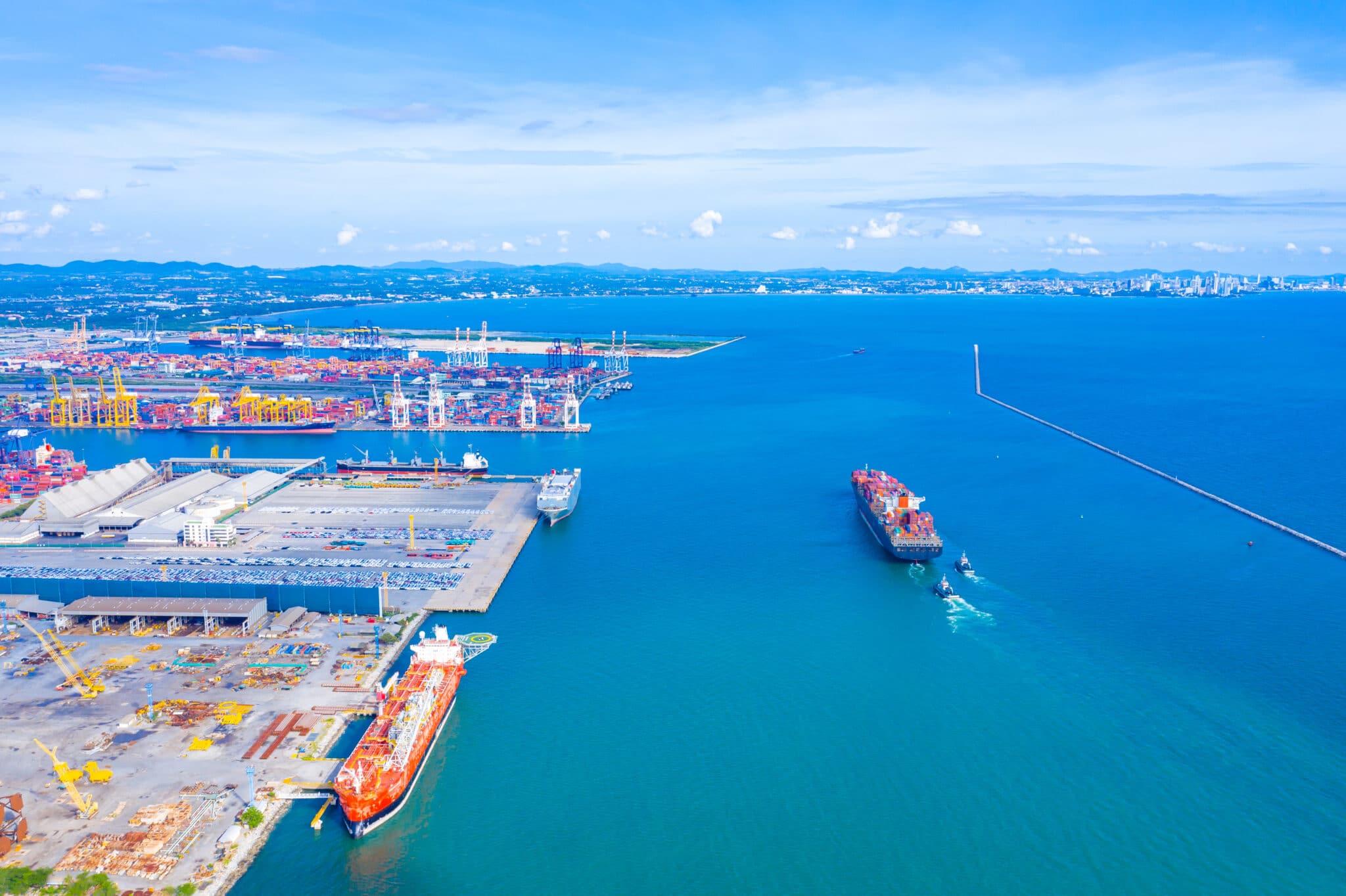
Understanding the economic impacts of climate change is crucial to the future of ports and the marine industry. The oceans carry 80% of world trade. Consequently, port infrastructure and shipping are critical to ensuring the smooth operation of global supply chains.

Ships and vessels that are trading in the sea are in need of operation and management. As the ship-to-ship transfer (STS) industry increases in size and complexity, the managing of cargo becomes a critical part of shipbroking.
You may also be interested by those other applications:
You may also be interested by our others tools:
Every day we use products shipped by global sea trade; for example, salt, soap, sugar, drinks, books, and electricity just to name a few. Therefore, without allows recognizing it, logistics impacts our everyday life. Logistics is at the center stage of the supply chain
Every year vessel size increases while more goods are consumed, and thus more products are shipped by sea. This increase in demand by the human population is affecting logistics. Logistics must catch up to demand or the global supply chain will face many issues. When the global supply chain is impacted, this affects businesses and daily lives worldwide.
Vessel routes and practices must be optimized. Efficient logistics planning reduces costs and improves efficiency. Maritime actors are realizing that logistics affects the entire end-to-end supply chain, and therefore logistic transparency is important.
Digitalization, digital shipping, and Smart Ships are revolutionizing logistics and providing transparency. They are using Artificial Intelligence, big data, and sensors to track ships and ensure ship safety.
Effective logistics and global trade require a lot of skill and coordination between multiple entities. Digitalization clarifies logistic activities.
A ship tracker, also known as a vessel tracker, uses technologies and equipment to track ships along their route. A ship tracker uses real-time data to constantly update maritime actors about a ship’s voyage status.
This use of advanced technology allows us to know the exact location of a ship as well as an accurate estimated time of arrival (ETA).
Ship trackers are revolutionizing the maritime industry and global supply chain.
The technologies that track ships also help to predict the best vessel route depending on weather and tidal predictions. Vessel tracking leads to safer routes in the case where a ship can avoid originally unforeseen weather events on their trajectory.
Digital ships use vessel tracking among maritime actors and other ships.
In today’s digital world where autonomous smart shipping is seen as the future of the maritime industry, these digital vessel tracking systems will continue to gain popularity.
These autonomous ships will increase the transparency and efficiency of the global supply chain while reducing costs and improving safety.
© 2023 SINAY SAS - All Right Reserved

This project is co-financed by
the European Union with the
European Regional Development Fund (FEDER)
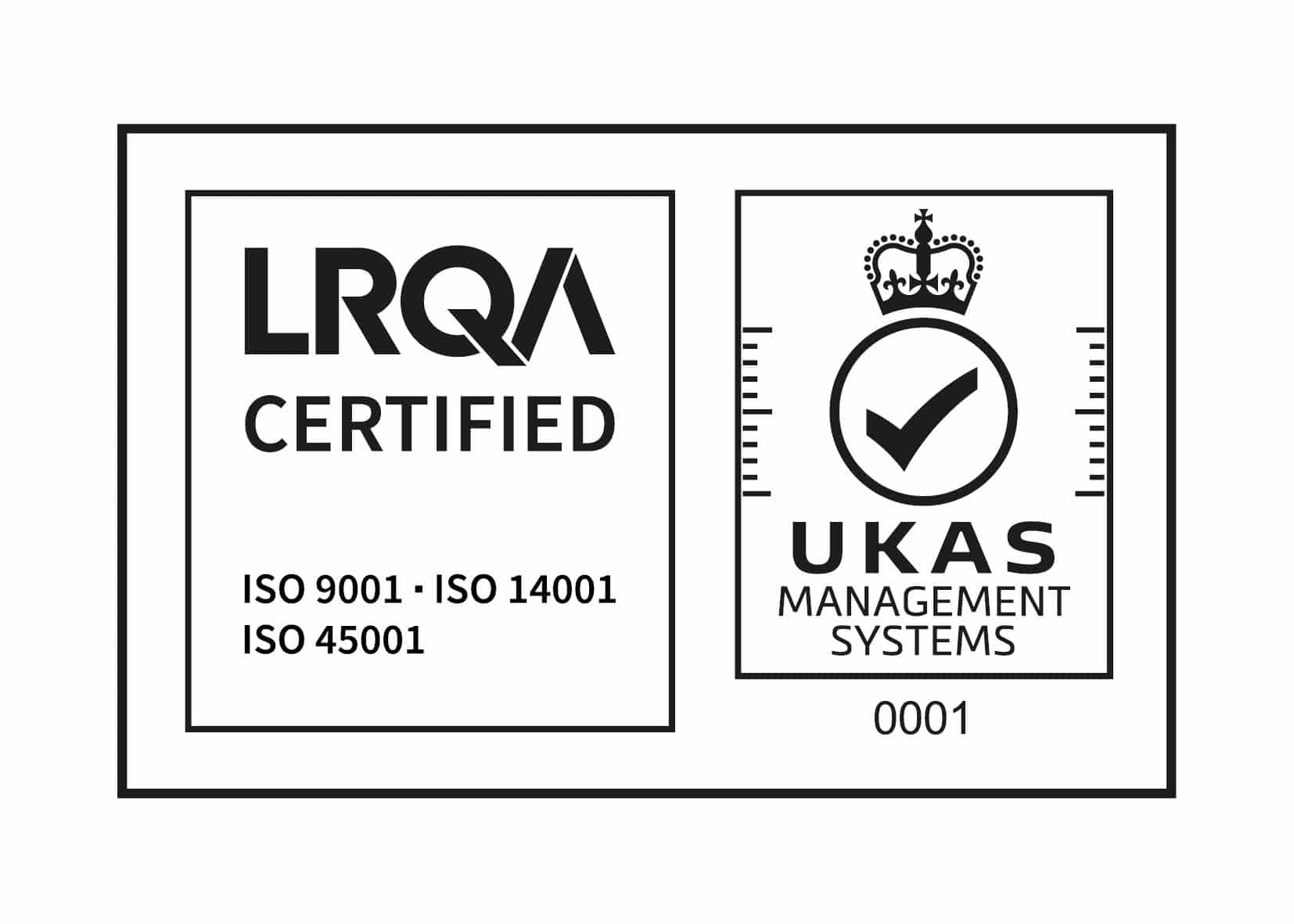
Integrated management system
Quality – Health / Safety – Environment, SINAY 14 rue Alfred Kastler 14000 CAEN company, certified ISO 9001, ISO 45001, and ISO 14001 by LRQA.